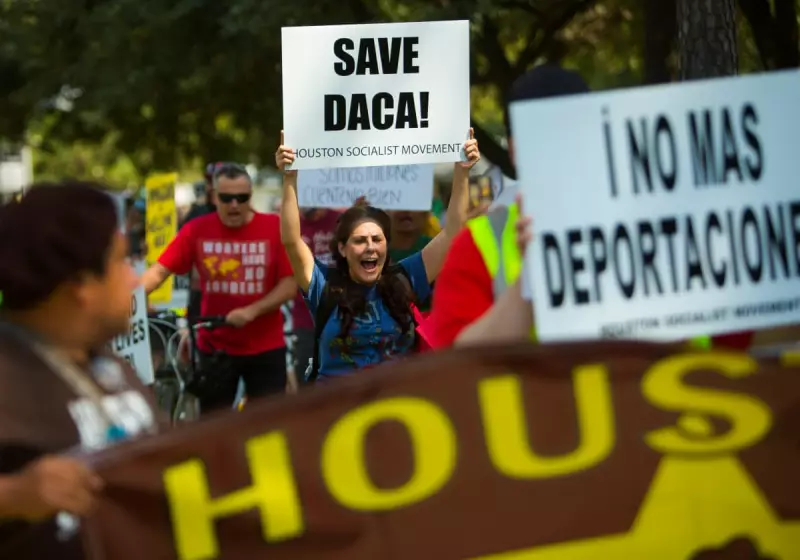
In a landmark ruling that sends shockwaves through America's immigration system, a federal judge in Texas has declared the Deferred Action for Childhood Arrivals (DACA) programme unlawful, dealing a devastating blow to thousands of young immigrants known as 'Dreamers'.
Legal Battle Reaches Critical Point
US District Judge Drew Tipton delivered the decisive blow, ruling that the Obama-era programme violated federal administrative law. The judgement immediately blocks the government from approving new applications while allowing current beneficiaries to maintain their status—for now.
This represents the latest chapter in a legal saga that has left approximately 530,000 Dreamers in a state of perpetual uncertainty about their futures in the only country many have ever called home.
What This Means for Dreamers
The immediate consequences are stark and deeply personal:
- Current DACA recipients can maintain their status and apply for renewals
- All new applications are frozen indefinitely
- Work permits and protection from deportation remain for existing participants
- Future court challenges are almost certain to follow
These young immigrants, who were brought to the US as children, now face the familiar anxiety of not knowing if their protected status might be revoked entirely in future legal proceedings.
Political Fallout and White House Response
The Biden administration has vowed to vigorously defend the programme, with officials calling the ruling "deeply disappointing" and promising an immediate appeal. This decision throws yet another immigration challenge onto the administration's already crowded plate.
Meanwhile, immigration advocates have expressed outrage, arguing that Dreamers' lives are being used as political pawns in a broader ideological battle over immigration reform.
The Road Ahead
Legal experts anticipate this case will likely ascend to the Supreme Court, marking what could be the third time the nation's highest court considers the fate of DACA. The programme has survived previous challenges, including a 5-4 decision in 2020, but the legal landscape has shifted since then.
As the legal battle continues, hundreds of thousands of Dreamers remain in limbo—unable to plan their futures with certainty, yet continuing to contribute to their communities and the American economy they call home.





